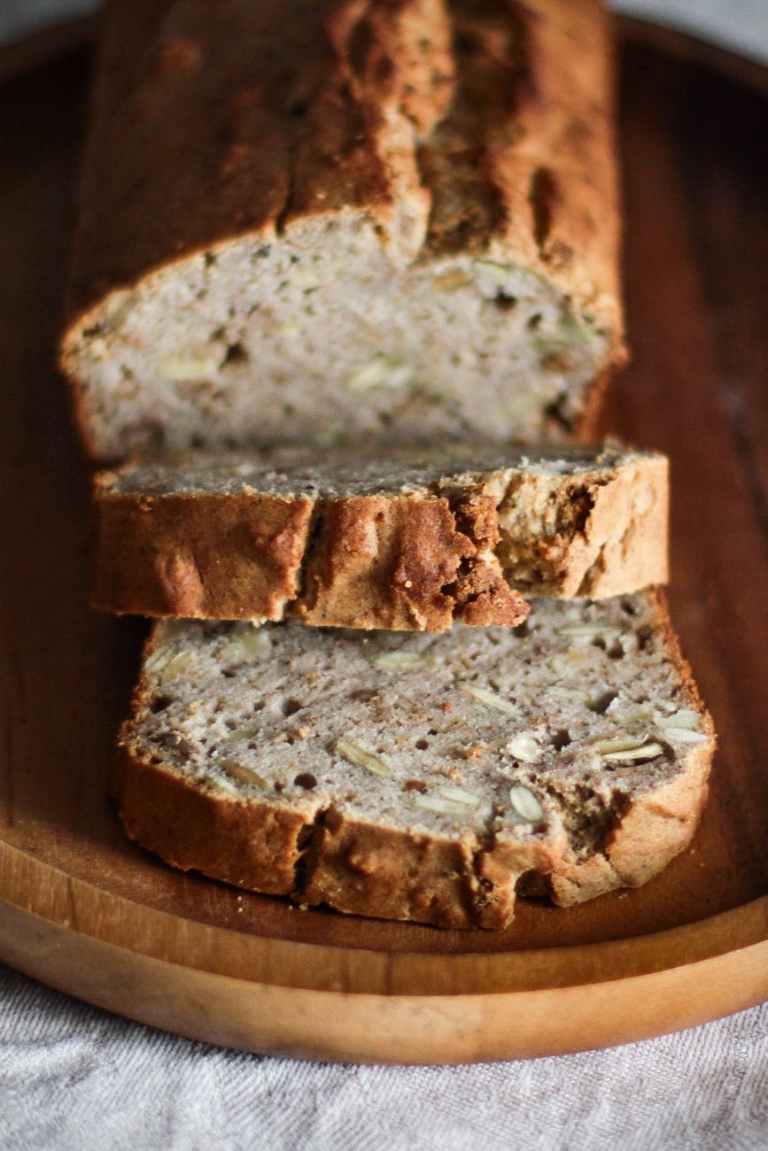
When I have a spare moment, I enjoy playing Words With Friends. This modern day electronic version of Scrabble helps keep my brain sharp as I’m challenged to put letters together to not only form a word, but a high scoring word.
The app I use even has a way of testing the strength of the word. It helps me know if there is a higher scoring word out there and I can do better.
The words I put together in Words With Friends are merely for a game, but beyond the game, we know words have so much more meaning, power and impact.
“I know nothing in the world that has as much power as a word. Sometimes I write one, and I look at it until it begins to shine.” Emily Dickinson
Well crafted words are powerful enough to lift up or tear down. They can bring people together or tear them apart. They can incite emotion and action. They can put skin on commitments of the heart, like marriage vows.
Well crafted words are one thing, but my friends, we have something even more powerful. We have the Living Words of God.
In Acts, chapter 7, Stephen is speaking to the Sanhedrin. While giving them quite a good overview of the Old Testament, and highlighting some of the major events and people, he brings up Moses.
As Stephen is recounting Moses’ story, he states, “This is the Moses who told the Israelites, ‘God will raise up for you a prophet like me from your own people.’ He was in the assembly in the wilderness, with the angel who spoke to him on Mount Sinai, and with our ancestors; and he received living words to pass on to us. But our ancestors refused to obey him. Instead, they rejected him and in their hearts turned back to Egypt.” (Acts 7:37-39, emphasis mine)
The idea behind “living words,” or “oracles” here is that of commands or laws of the Living God.
Barnes notes that “living” or “lively” words here “…stands in opposition to what is dead, or useless, and means what is vigorous, efficacious; and in this place it means that the commands were of such a nature, and given in such circumstances, as to secure attention; to produce obedience; to excite them to act for God – in opposition to laws which would fall powerless, and produce no effect.”
Whew! That was a really, packed-with-lots-of-good-stuff sentence. I want to break it down a bit. Let’s start with the notion that the living words God gave to Moses were “…in opposition to what is dead, or useless…”.
Have you ever felt like someone’s words were dead or useless? Maybe they were “all talk” and no action. Maybe they made promises that they never kept. Maybe they just spewed a whole lot of pointless information. What we see here is such a stark contrast to that idea. God’s living words were so far from that.
In fact, they were just the opposite. They were meant to be “vigorous,” and “efficacious.” That has a healthy, movement kind of feel to it, doesn’t it? The words were to, “secure attention; to produce obedience; to excite them to act for God.”
God wanted the Israelites to be prompted by His living words to live for Him in obedience, in action. Unfortunately they refused to obey and rejected Him (Acts 7:39). In his speech, Stephen told his hearers they were just like their ancestors. “You always resist the Holy Spirit!” (Acts 7:51)
Friends, we have the opportunity, and beautiful duty to submit to the Holy Spirit. We don’t want to be “stiff necked people” who disobey and reject the living words of God. Instead, let’s embrace them, hide them in our hearts and faithfully act on them.
We also have the power to use the words God has given us to share His Truth and encourage others. Do you know someone who is downcast, someone who is weary?





